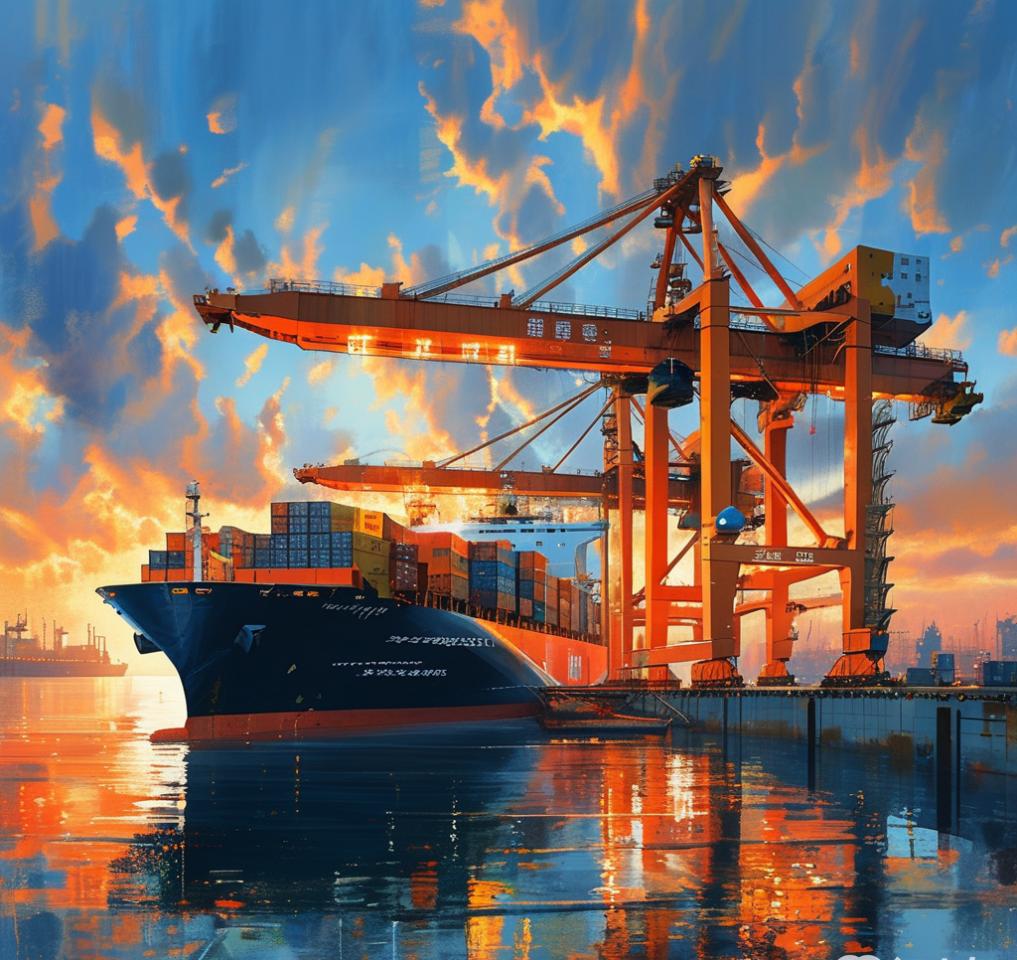Freight shipping from China to UK is one of the busiest trade routes in the world, connecting China’s vast manufacturing hubs with the UK’s consumer market. Whether you are importing electronics, textiles, or industrial goods, understanding your options, transit times, costs, and customs requirements is key to a smooth supply chain.
1. Main Freight Shipping Methods
- Best for: Large, heavy, and non-urgent cargo.
- Options: Full Container Load (FCL) and Less than Container Load (LCL).
- Transit Time: 30–40 days (Port to Port).
- Best for: Urgent, high-value, or time-sensitive goods.
- Transit Time: 5–9 days (Airport to Airport).
- Best for: Faster than sea, cheaper than air, eco-friendly.
- Transit Time: 18–22 days (Door-to-Door via EU rail network).
2. Estimated Shipping Times from China to UK
| Mode of Transport | Port/Airport of Origin | Destination (UK) | Average Transit Time |
|---|---|---|---|
| Sea Freight (FCL) | Shanghai / Shenzhen | Felixstowe / Southampton | 30–35 days |
| Sea Freight (LCL) | Ningbo / Guangzhou | London Gateway / Liverpool | 32–40 days |
| Air Freight | Beijing / Guangzhou | London Heathrow / Manchester | 5–9 days |
| Rail Freight | Xi’an / Chongqing (via EU) | London / Birmingham | 18–22 days |
3. Cost Factors for Freight Shipping
- Mode of Transport – Air is more expensive; sea is cheapest per unit.
- Weight & Volume – Charges are based on actual or volumetric weight.
- Incoterms – Defines responsibility for costs and risks (FOB, CIF, DAP).
- Fuel Surcharges & Peak Season Rates – Higher rates during Q4 holidays.
- Customs Duties & VAT – Import taxes based on HS code and cargo value.
4. Customs & Import Regulations
- EORI Number – Required for all UK importers.
- Commercial Invoice & Packing List – Must be accurate and complete.
- HS Code Classification – Determines applicable tariffs and taxes.
- UK VAT & Duties – Calculated at import; varies by product type.
- Inspection & Clearance – Certain goods may require additional checks.
Customs Clearance Certificate
A Customs Clearance Certificate is issued once your goods have successfully passed UK customs inspection and all applicable duties and taxes are paid. It serves as official proof that:
- The shipment has been legally imported.
- The correct tariffs have been applied.
- All required documentation (commercial invoice, bill of lading, packing list) has been verified.
📍Key Notes:
- Keep a copy for accounting and compliance purposes.
- Required for claiming VAT refunds on eligible goods.
- Essential for smooth onward distribution and avoiding post-import audits.

5. Sea vs Air vs Rail – Quick Comparison
| Feature | Sea Freight | Air Freight | Rail Freight |
|---|---|---|---|
| Cost | ★★★ Lowest | ★ High | ★★ Medium |
| Speed | Slow | Fastest | Medium |
| Cargo Volume | High | Limited | Medium |
| Environmental Impact | Low (per ton) | High | Lowest |
| Reliability | Moderate | High | High |
6. Tips for a Smooth Shipping Process
- Book early during peak seasons to avoid delays.
- Work with a reliable freight forwarder who handles China–UK routes.
- Use the right Incoterm to clarify responsibilities.
- Ensure proper packaging to avoid damage during long transit.
- Track shipments using online platforms for visibility.
7. Terms & Conditions for Freight Shipping from China to UK
To protect both the importer and the freight forwarder, these Terms & Conditions commonly apply:
- Payment Terms: Freight charges are payable before cargo release unless credit terms are agreed.
- Liability Limitations: Carrier liability for loss or damage is subject to international conventions (Hague-Visby Rules, Montreal Convention, CMR).
- Insurance: Cargo insurance is recommended; carrier liability is often limited to a fixed amount per kg or container.
- Customs Compliance: The importer is responsible for providing accurate documentation and paying applicable duties and taxes.
- Force Majeure: Delays caused by strikes, natural disasters, or political unrest are not the carrier’s responsibility.
- Storage Charges: Any demurrage, detention, or warehousing fees due to late clearance are borne by the importer.
8.Conclusion
Freight shipping from China to UK offers multiple transport options, each with its own balance of speed, cost, and convenience.
- Sea freight is the most economical for large, non-urgent shipments.
- Air freight is ideal for urgent and high-value cargo.
- Rail freight provides a middle ground with faster transit than sea and lower costs than air.
By understanding these choices, planning ahead, meeting customs requirements, and partnering with an experienced freight forwarder, importers can ensure their goods arrive efficiently and compliantly in the UK.
Request a Quote
Need a tailored solution for your shipping from China?
Let TJ China Freight Forwarder assist you with reliable, cost-effective service.
FAQ:
Q1.What is the cheapest way to ship from China to the UK?
Sea freight (LCL) is usually the most cost-effective option for non-urgent shipments.
Q2.Do I need insurance for my shipment?
Yes, cargo insurance protects against loss or damage during transit.
Q3.Can I ship dangerous goods by air freight?
Yes, but only if packaged and declared according to IATA regulations.
Q4.How do customs duties work in the UK?
They are calculated based on product HS code, value, and origin.
Q5. Is rail freight available for all UK regions?
Not directly; goods often arrive via EU terminals before road delivery to the UK.
